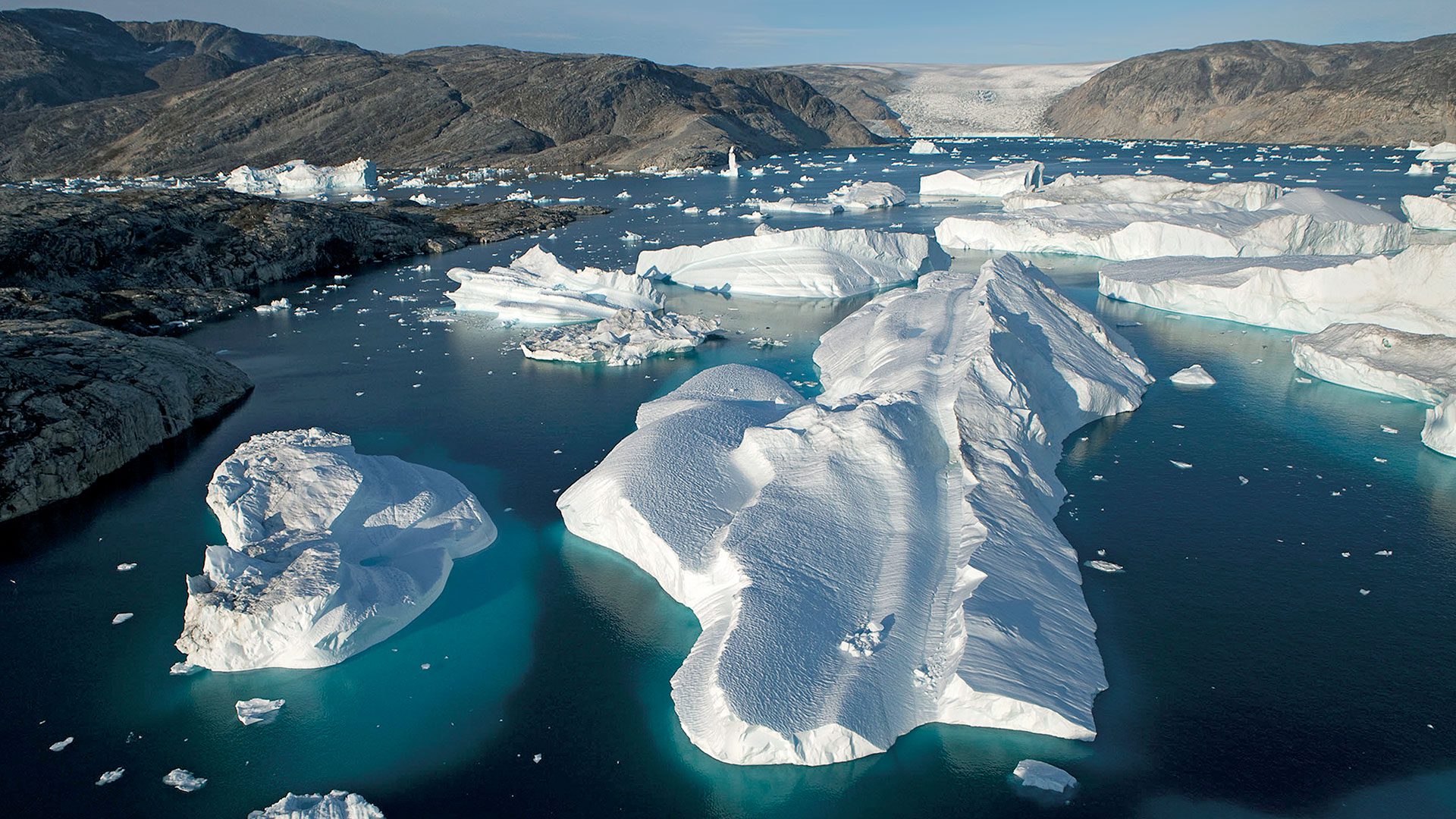Table of Contents
HAD, IRW and the Protests for Action on Climate Change
November 11, 2019
This year has been a year of protests. From Lebanon, to Hong Kong, to Chile and France, people are raising their political voice to demand change across the globe.
On 20 September 2019, ahead of the United Nations Climate Summit, Islamic Relief Worldwide and Humanitarian Academy for Development joined together with estimates of 4 million protestors across the world to demand their governments rectify their paralysis on the issue of climate change.
The day was the start of a week long campaign – led by Greta Thunberg, Future Coalition and UK Student Climate Network – advocating collectively for governments and the international community to stop discounting the science on climate change, stop over-consumption, and support measures to prevent environmental catastrophe on a global scale.
A New Wave of Environmentalism
A month on, Extinction Rebellion took to the streets of London to demand the government take immediate action to prevent a climate crisis.
As with the summer coverage on climate change, three words continue to dominate the UK environmental discourse:
Schoolgirls, vegans and protests. Is that all we need to do to change the course of climate change – to don our ‘big girl’s blouse’, grab our vegan sausage roll and take our place at the picket fence? Obviously, not.
However, as the Global Strike for Climate Change demonstrated, it is clear that we are experiencing a new wave of environmentalism, as many worldwide are now supporting the need for climate action.
However, whilst decisive action is needed, the political path still remains unclear.
The Need to Go ‘Beyond Politics’
UK protestors, who have formed the group Extinction Rebellion, have continued to use civil disruption as a means to put pressure on the British government to act against climate change now.
Whilst their methods have been heavily criticised and their lack of diversity highlighted as an issue of white privilege, the protests continued on.
The group claimed that Extinction Rebellion will make history in the coming weeks through being the largest and longest environmental demonstration in British history.
The protesters have three ‘parts’ to their rebellion; tell the truth, act now and to go beyond politics.
‘To tell the truth’ means that the government should declare a climate and ecological emergency.
‘To act’ expects of the government to take immediate action to halt biodiversity loss, and adopt measures to reduce greenhouse gas emissions to net zero by 2025.
In order to achieve this, Extinction Rebellion are calling for the government to go ‘beyond politics’. For the organisation, this means the creation of a Citizen’s Assembly on Climate and Ecological Justice.
The Effects of Climate Change on Migration
Outside the UK, the story is much the same.
The UN Climate Summit was another demonstration of the global wave of commitment to reduce emissions and to gain support for developing a framework on how to provide protection to people affected by climate change.
As many regions and seasons now experience greater than average temperatures, we can already see the effect of climate change in real-time, but with little action as humanitarian delivery agencies, even departments from the same organisations, often continue to work in silos.
For example, with these increasing temperatures, there has been a rise in forced migration. Refugee emergencies are already highly complex, and the growing interplay between climate change, conflict and persecution has only amplified the complexity of these emergencies further.
Is the Humanitarian Sector Prepared?
With the ever rising numbers in displaced people, their concerns of finding adequate shelter, livelihood, shelter, livelihood, access to basic services and becoming locally accepted will have to be met on an unprecedented scale.
However, the humanitarian sector is not equipped to meet these needs in its present form.
This is why every student, teacher and practitioner of humanitarianism must stand with, and for, the global protests, and ask how we as a sector move beyond the politics of humanitarianism in order for humanitarians and development workers to protect the most vulnerable and susceptible to climate change.
Written by Olivia Everett
Research & Development Intern








